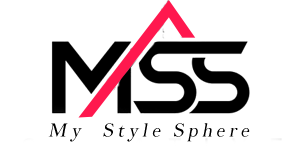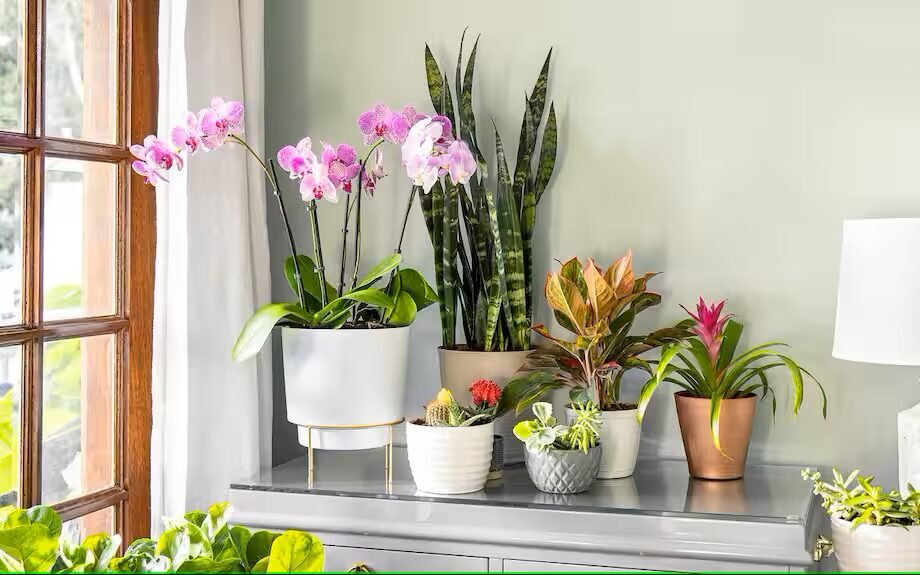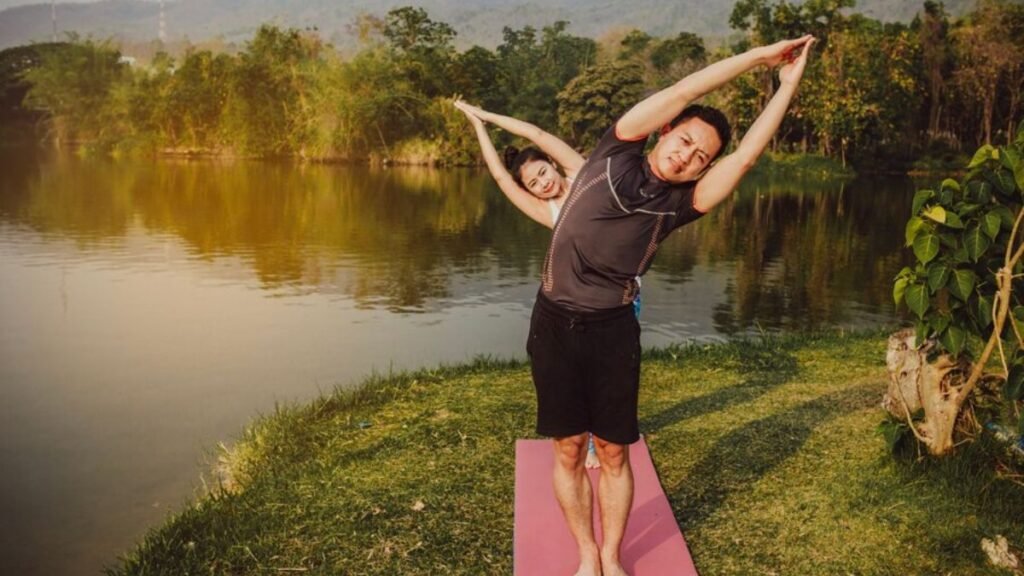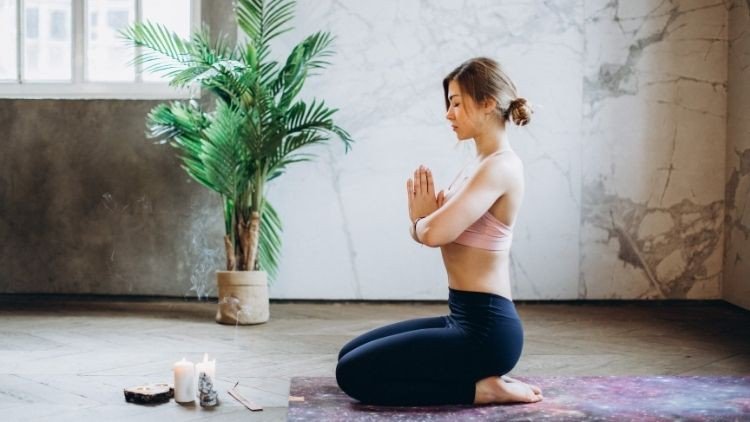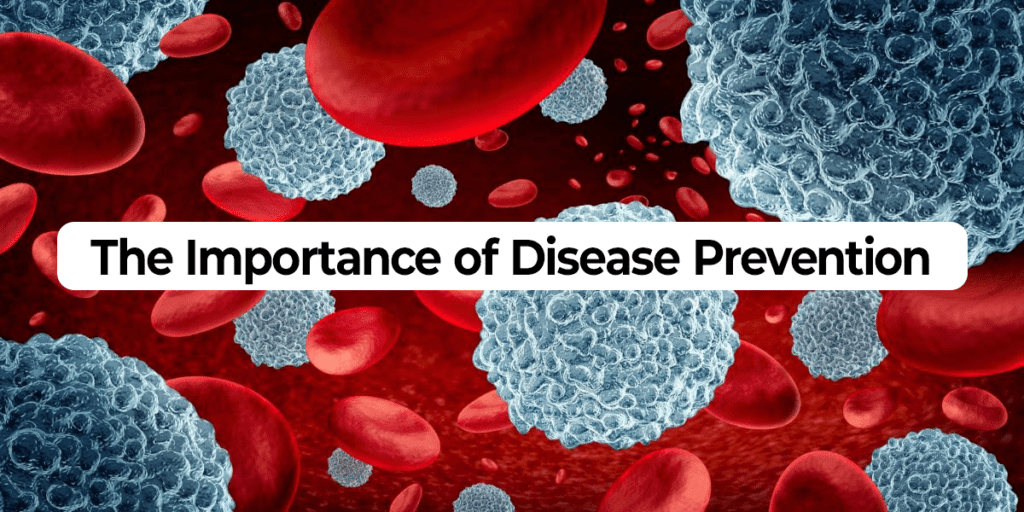My Life Reflection : My Path of Growth and Learning

Introduction
Reflection on my life, I see a path of growth and education. Through failures and successes, I’ve learned the value of self-awareness and perseverance. I appreciate the lessons I’ve gained from struggle and the happy times I spend with loved ones. My goals have changed, making me a more inspired and caring person. I’ve accepted my life reflection as an instrument for continual growth, identifying my strong points and potential areas for development. I look forward to future opportunities with hope and dedication to personal improvement, thankful for the experiences that formed who I am. Lessons learned and goals followed make up the story of my life.
What Is Self-Reflection?
Essentially, self-reflection involves taking time for reflection and thorough examination of your opinions, views, operations, and aspirations. It includes evaluating your feelings and actions, followed by an inquiry to yourself, “Why do I feel and act this way?”
It could appear like a difficult effort to stop and think about life. While we may believe that self-reflection is a skill that comes easily to us as we age, the truth is that everyone is able to practice it at any age. And it can be as easy as thinking of your past actions in any given circumstance and asking yourself why you reacted in the manner you did.
Self-awareness is developed through self-reflection, but only with goal and dedication. This means that in order to set out time and space to sit comfortably and go through your ideas and interactions in order to look at them closely without assessing or reproaching, you must constantly press “pause” on your hectic world.
What Does Self-Reflection Important?
Self-reflection is important since it can help you find out what is going well in your life and gain understanding of whatever doesn’t exist, along with the causes behind it.
You risk getting caught up in a routine that isn’t inspiring or effective if you fail to engage in reflection. If you don’t know what you truly want, you may not understand why you don’t like it or what you can do to change the way things are.
Participating in my life reflection on an ongoing basis can:
1.Give You a New Viewpoint
Emotion may hinder judgment in the heat of the moment, increasing the importance of a poor situation. Through my life reflection, you can more clearly understand what is going on and come up with a solution by taking a new look at your situation in a manner that is cool and collected.
2.Allow You to Respond with Reason
By participating in self-reflection, you can decide on the most effective manner to handle an issue rather than saying or doing something you later despise. When you have the freedom to protect your emotions as well as those of others, you are able to handle challenging circumstances with intent instead of impulse.
3.Help Understand Yourself
Self-reflection provides an understanding of the real you, allowing you to comprehend in full the reasons behind your decisions and the things that truly bring you joy. You can go after your top goals with trust and clarity once you’ve determined what they are. You can be certain that you are cognizant of your desires and what is perfect for you.
4.Boost Your capacity to Make Decisions
You may make better decisions for your future when you understand what motivates you. You have the ability of adjusting to new circumstances and the understanding necessary for achieving your goals.
5.Encourage Learning
You can find yourself jumping from one thing to the next without understanding or enjoying how you got there if you don’t take the time to think about and assess a situation, particularly one that is difficult. You stand the risk of repeatedly making the same mistakes.
Through contemplation, you may evaluate the route that brought you to this point in your life along with the emotions, goals, and motivations that brought you here. You know you’ll be required to make changes if everything about your path doesn’t feel right in order to prevent the error from becoming a habit.
7 Methods for Participating in Self-Reflection
Take the time to on your path to self-discovery and face both your good and bad characteristics. Not judgment or punishment, but understanding and connecting with yourself is the goal.
1. Consider: Which Data Do You Seek?
Think about asking yourself some self-reflection questions, such as “What makes me happy?” or “What occurred this week that made me feel good about myself?”
2. Give thanks
Jot down every day’s gratitude list. Consider your most memorable moments from this past week, month, or year.
3. Engage in mindfulness
To relax, pay interest in your breathing. Take note of any ideas or ideas that come to mind.
4. Define Your goals
Put specific goals in writing. Employ them to direct your reflection and monitor your development.
5. Write It Down
Keep a regular record of your thoughts. Read previous posts to gauge your progress.
6. Have an Inner Discussion
To improve your knowledge of your feelings and to get simplicity, express your ideas openly.
7. Take a Natural Walk
Take some time to unwind outside and reduce interruptions so that you can think more deeply.
Question about Self-Reflection
At first, self-reflection could seem like an impossible task. Asking yourself some basic self-assess questions is an excellent way to begin your reflection practice. These are especially useful if you want to change up how you handle spending time on your own and feel that your daily schedule is getting boring.
Daily Questions for Self-Reflection
- How can I correctly look after my mental health?
- How can I develop a good outlook on life?
- In which areas of my life am I content? Which issues require focus?
- Do I regard anything in my life to be a given?
- Which worries or fears keep me up at night?
Questions for Motivating Self-Examination
- What concerns me about the future ahead?
- What qualities of me do I want my loved ones to hold dear?
- What is most important to me?
- When did I take my last step outside of my comfort area?
- Who is the individual who has shaped my life the most?
- What is a kind act I have experienced that I will always recall?
- Which would I prefer: failing or never making an effort?
- If I were to alter anything about myself, what would it be?
- Do I really give any thought about what people think of me?
- If I could, who should I believe in with my life?
Self-Reflection Write Exercises
- Provide thirty things that bring you joy.
- Through your self-talk, what have you learnt about yourself?
- Which words define your way of life?
- For you, what does unrestricted affection look like?
- What is the one thing that you simply cannot picture life without?
- How does sufficient appear to you?
- What personal growth have you found since starting self-reflection exercises?
- Which advice would you give yourselves if you were younger?
- In ten words, how would you define yourself?
- Which terms are the most important for you to be hearing at the moment?
Conclusion
My life reflection is an effective instrument for developing a unique sense of self and self-awareness. You are able to comprehend your feelings and actions by frequently engaging in self-reflection exercises using methods like writing, self-talk, expressing gratitude, meditating, making goals, and time spent in nature. You can make more informed choices and feel more comfortable about your life by using this method to determine what aspects of your existence are working and what needs to be improved. It does not have to be difficult to include self-reflection into your regular routine; even little, persistent attempts can result in big, beneficial changes. Begin your journey now and experience the rewards of developing greater awareness of yourself.
